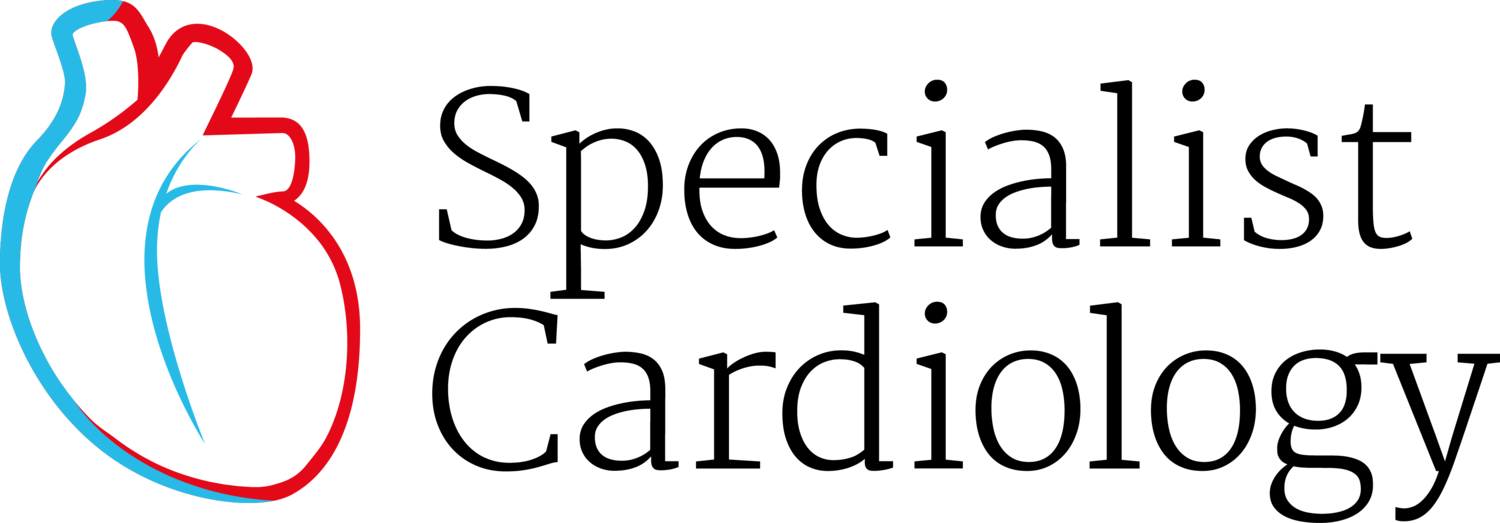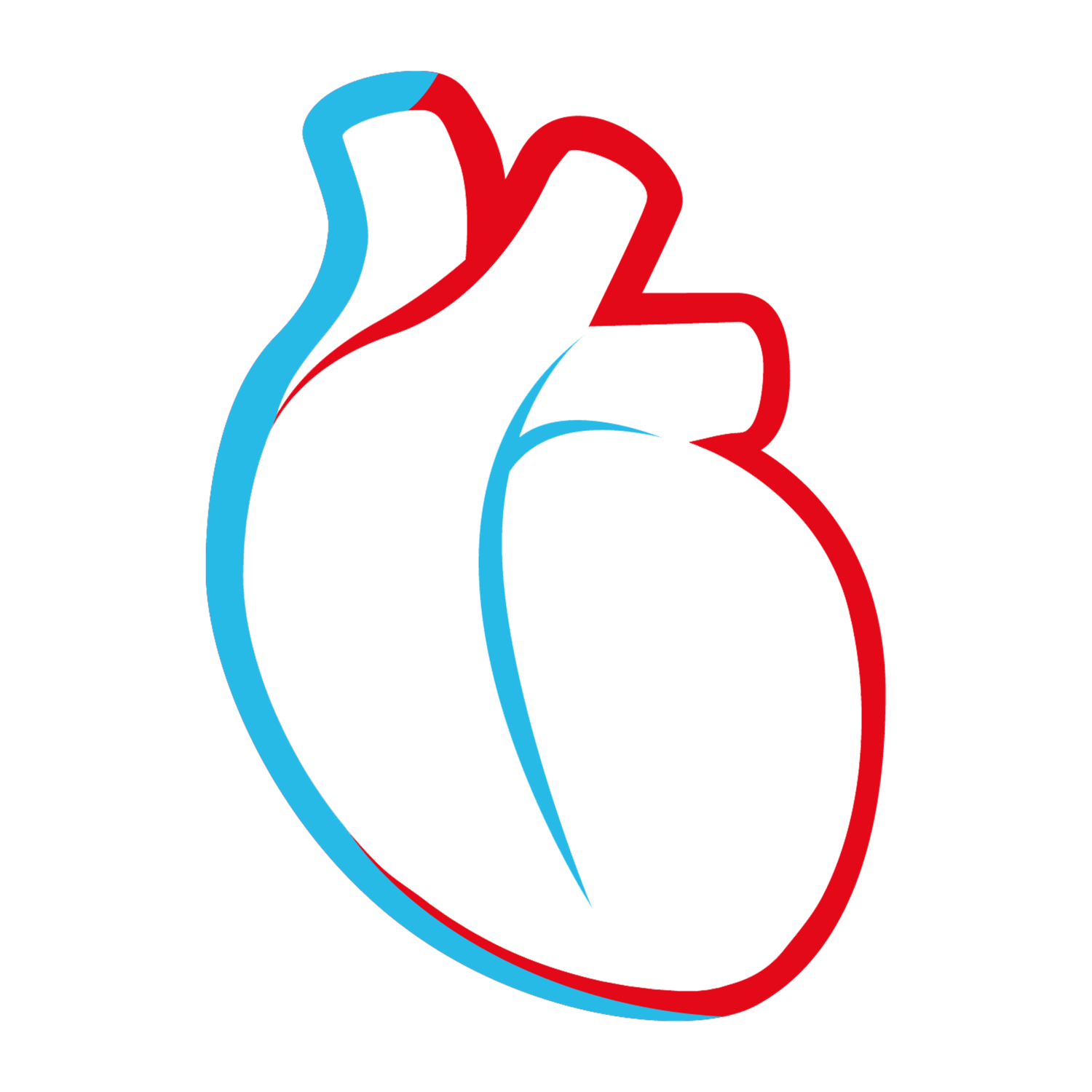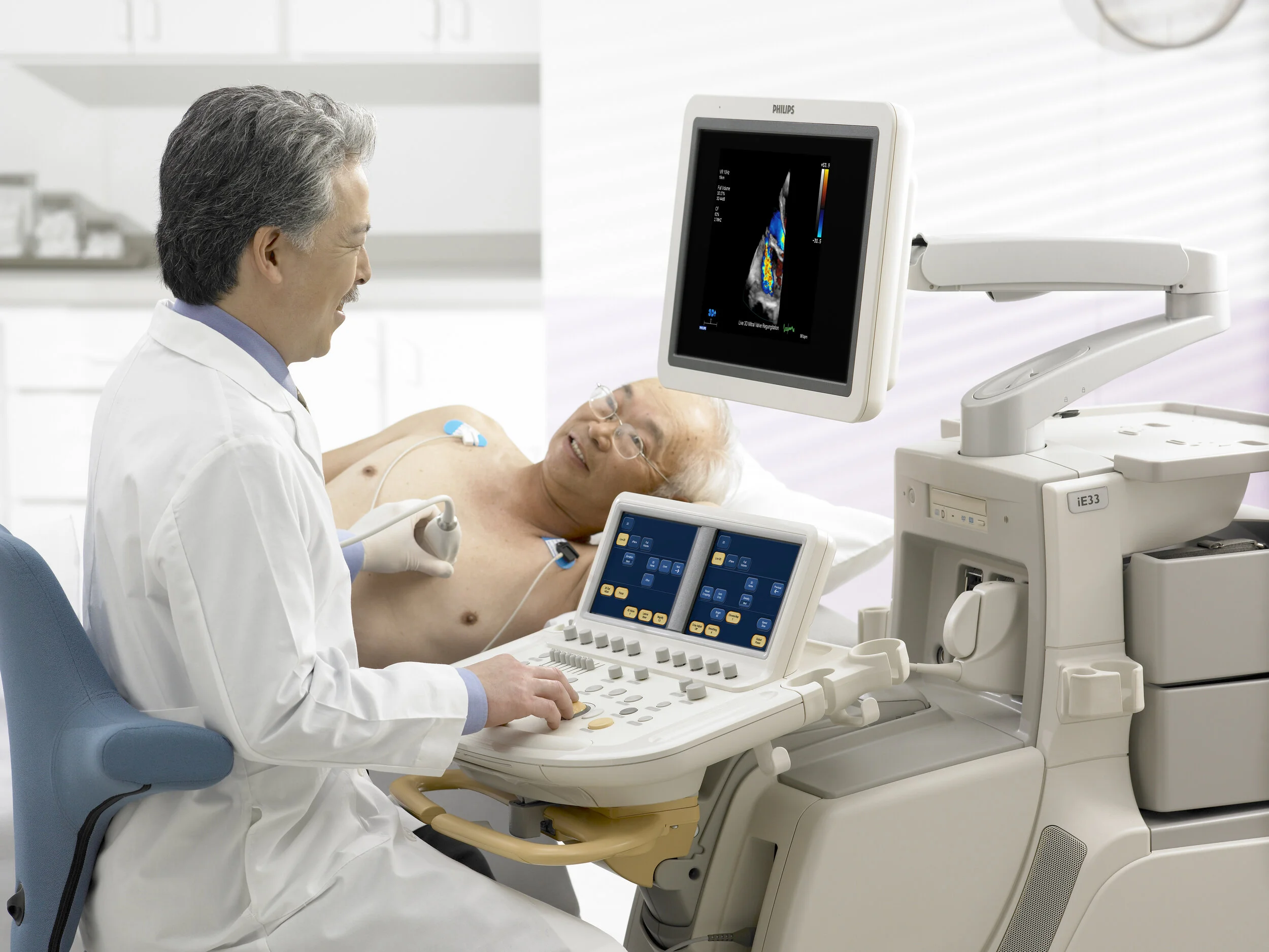Echocardiography
Echocardiogram, often referred to as a cardiac echo or simply an echo, is a sonogram of the heart. Echocardiography uses standard two-dimensional, three-dimensional, and Doppler ultrasound technology to create images of the heart. There are two different types of echocardiograms.
Transthoracic Echocardiogram
An echocardiogram (or "echo") is a diagnostic test for the heart. An ultrasound is performed on the heart by applying an instrument to the outside of the chest. Gel is applied to the chest to enable transmission of the ultrasonic waves. Detailed measurements of heart size and function and heart valve function are possible. The test takes about 30 minutes and is performed while lying down.
A qualified cardiac sonographer will perform the examination. Images will be recorded and subsequently reviewed by the cardiologist. A report will be created which will be forwarded to your referring doctor. Your cardiologist will use this information to help with your overall cardiac treatment.
Transoesophageal Echocardiogram
A transoesophageal echocardiogram or “TOE” or “TEE” is a diagnostic ultrasound test on the heart. It is performed in hospital, usually as a single day procedure. The procedure involves intravenous sedation that allows a thin tube to be passed into the oesophagus (where food is normally swallowed). On the end of the tube is an ultrasound camera. At the end of the procedure the tube is removed. The procedure usually takes approximately 30 minutes. You will be monitored for a number of hours afterwards until the effects of sedation have resolved.
The cardiologist performs the procedure with the assistance of nursing staff, cardiac technicians and anaesthetic staff. This ensures your vital signs are closely monitored throughout.
Because the oesophagus in positioned inside the chest just behind the heart it allows for very clear images of the heart. This can be helpful to diagnose blood clots within the heart, holes in the heart and to allow detailed heart valve assessment. Images are recorded and a report is created which will be forwarded to your referring doctor and used in your overall cardiac management.
Before a transoesophageal echocardiogram it is important the stomach is empty and so a period of fasting “Nil by mouth” will be advised. Afterwards you should not drive a motor vehicle or make important decisions for 24 hours due to potential effects of the sedation.


